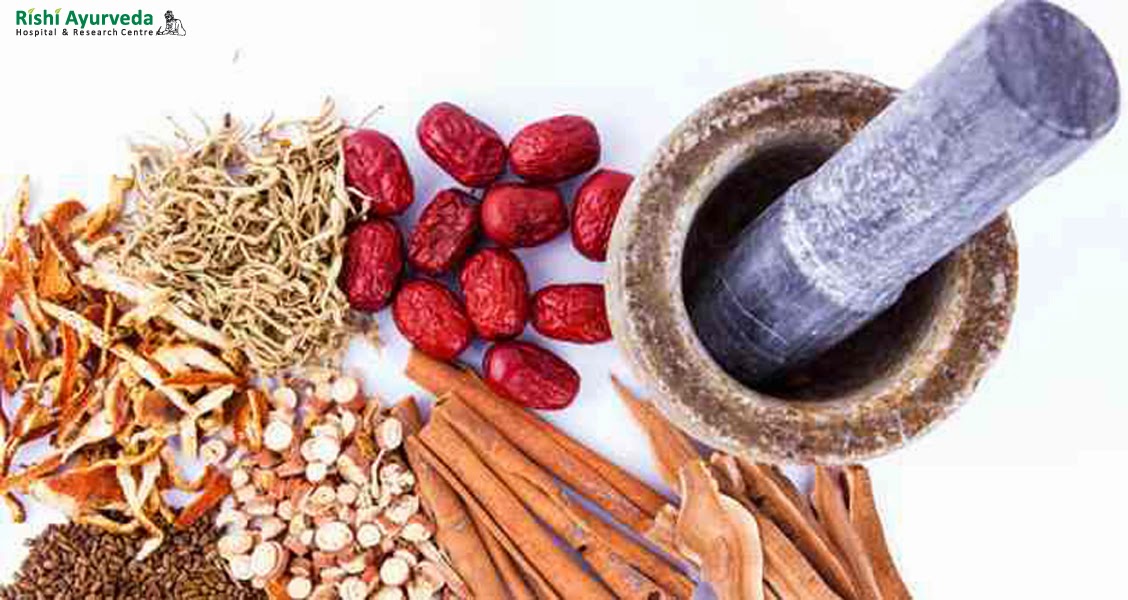Over the past few years, there have been increasing news reports from some of the developed countries of adverse effects from herbal products. Such reports evoked a mixed response from Indians – some say it is just the western world’s way of casting a slur on anything from Third World countries; others feel that researchers will not make claims unless they have scientific evidence. So, what is the truth? Do herbal products have an expiry date? Are herbal products really pure always? Do they contain preservatives? Is it true that they have no expiry date? Is a herbal remedy from a well-known brand better than one from a lesser-known one? What are the contaminants in herbal products and how do they find their way into the product? Let’s get some answers.
How long will herbal products last?
Herbal products are prepared in keeping with the basic recipe provided in the reference texts of a particular system of medicine. These texts also specify how long a certain formulation will stay active. For example, Ayurvedic tablets called gutika have a shelf life of 2 years but distilled extracts called arka will last for just one year.
Coming to the use of preservatives, ideally, these ancient recipes rely on certain ingredients used in the formulation to keep the product safe and prevent its degradation. So, adding preservatives is not recommended because it is deemed unnecessary. For example, in Ayurvedic syrups, the high concentration of sugar itself acts as a preservative.
How pure are herbal products?
When it comes to herbal medicines, there are a lot of contaminants that can make their way into a product – heavy metals may find their way into the plants through the water used in irrigation or the soil in which the plants grow. Microorganisms grow better in the presence of organic matter obtained from plant and animal sources and they can contaminate the product. There may be pesticide residues that have found their way into the plant material and then, into the product. Sometimes, improper storage may lead to chemical degradation of one of the components in the herbal formulation and toxic substances may be produced.
Occasionally, an unscrupulous manufacturer may add in a less expensive substitute for a particular herb. This substitute may have similar physical appearance to the herb prescribed in the recipe, but it will obviously interfere with the product’s ability to elicit the desired therapeutic effects.
It is common knowledge that most herbal remedies take longer to act as compared to allopathic medicines; so an unprincipled manufacturer may resort to mixing in allopathic medicines into a herbal product in order to make it appear fast-acting and increase its popularity. Sometimes, inadvertent adulteration can occur because of confusion in the vernacular names of some plant sources.
In other words, manufacture of an herbal product is actually much more demanding than that of an allopathic product. Unfortunately, there has not been a very strict monitoring of the herbal drug manufacturing industry until recent times and this is responsible for the many publicised instances of contaminated herbal products.
The solution – Stricter regulations and enforcement
Over time, drug regulatory authorities have woken up to the need for standardisation of herbal products. Recognising that close to 80% of the world’s population still relies on traditional systems of medicine for their healthcare needs; the World Health Organization has specified guidelines to be followed by manufacturers to ensure they make pure herbal products of good quality.
These guidelines recommend testing for the contaminants most likely to be present in herbal products – toxic heavy metals, pesticide residues, foreign organic matter, persistent organic pollutants, residual solvents, mycotoxins, endotoxins and microbial contaminants – bacteria, molds, fungi and parasites.
There are also guidelines for Good Agricultural Practices to be followed in cultivating, harvesting and storing medicinal plants and the products they give. There is an increasing emphasis on adopting the principles of Good Manufacturing Practices in herbal drug manufacturing plants. The WHO is also urging all countries to adopt the guidelines for standardisation of their herbal products.
Are branded herbal products better?
This is a difficult question to answer. There is no guarantee that a branded herbal product is better than a non-branded one. The reverse is equally true – it is not definite that a non-branded product is of lesser quality than a branded one. Logically speaking, a manufacturer who invests in building a brand is probably more concerned about maintaining his market image (and consequently, his profits) and therefore, more likely to invest time, effort and money in ensuring his products have quality and purity. However, it is equally true that even someone who does not have a brand will still deliver effective products if he has an individual commitment to quality.
If there is one myth this discussion has cleared up, it is this – ‘herbal’ should not be read as a synonym for ‘safe’. While the medicinal components may have the advantage of negligible or no toxicity, several other factors, if not controlled with care, can convert a herbal product into an unsafe remedy. Only when the manufacturer of a herbal product is deeply committed to providing quality medicines will we have the confidence to consume such products without any qualms.
www.rishihospital.com


No comments:
Post a Comment